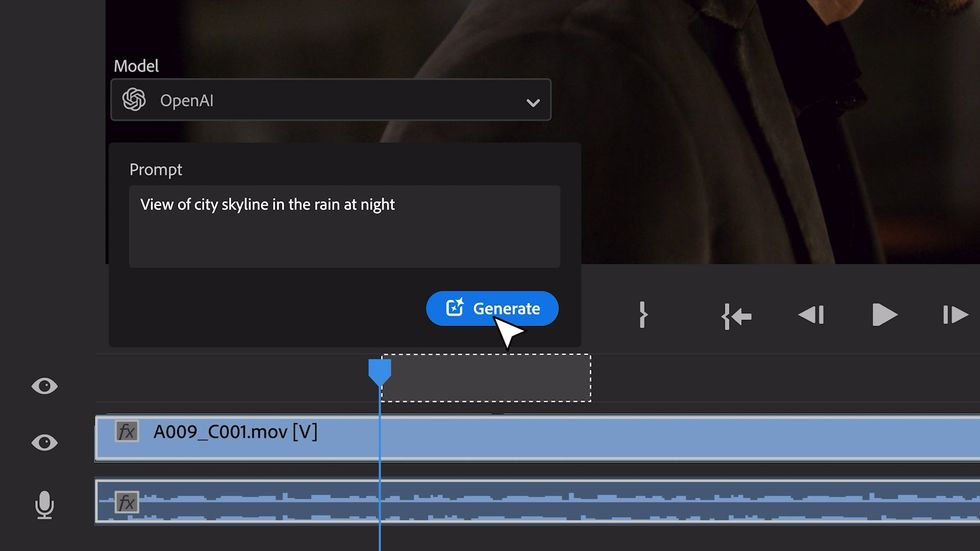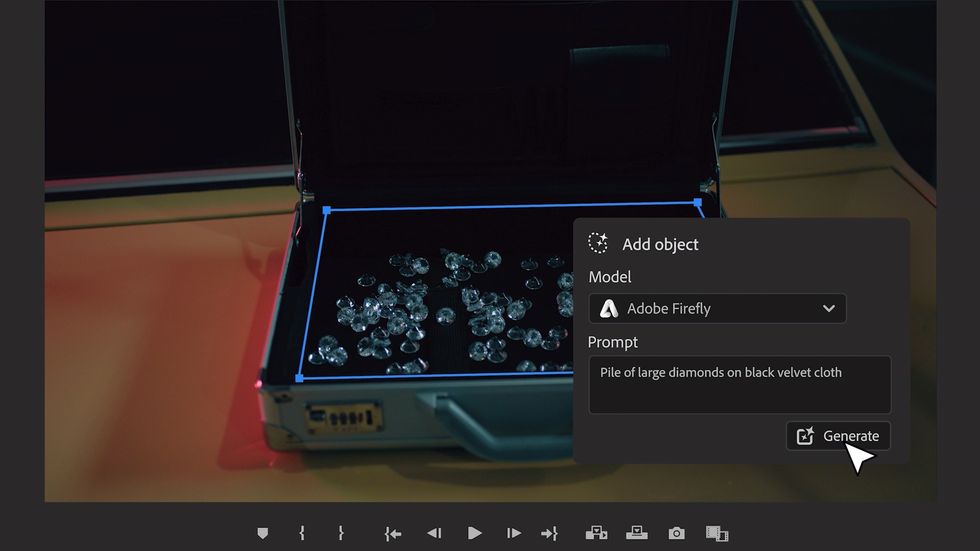Destin Cretton Expands His Short & Changes Protagonists for His Feature 'Short Term 12'

First, let's check out the trailer for Short Term 12, now playing in limited release in the U.S.:
Short Term 12 was originally a short film Destin Cretton made for his thesis project for his Masters film program at San Diego State University, which was based on his own experiences of working in a short-term group home for youth. The short won the Jury Prize in Short Filmmaking at Sundance in 2009. Cretton eventually decided to expand the short into a feature-length screenplay, but struggled to stretch the original story. He decided to change the protagonist from a male to a female, and that change opened up new ideas for the feature-length story.
Cretton's feature-length screenplay for Short Term 12 won the Academy Nicholl Fellowship in 2010, but the filmmaker didn't jump right in to make the film. Instead, he used the $30,000 fellowship award to make I Am Not a Hipster, based on his Nicholl Fellowship year script. Only after that experience was Cretton ready to tackle Short Term 12 as a feature. Oddly enough, despite both the short's success and the premiere of Hipster at Sundance, the feature-length version of Short Term 12 was not accepted at Sundance this year. Instead, the film premiered at SXSW, where it won the Grand Jury Prize and the Audience Award, and continues to win awards at film festivals as critics rave about the film and the powerful, naturalistic performances.
Here's a short vignette about Cretton and his film from the good folks at the San Francisco Film Society. (Note: the film clip from Short Term 12 in this video has NSFW language.):
And here's a short interview with Cretton from All the Way with Alloway that covers the backstory of the writer/director's personal experiences and journey to make the film. Please note: the audio on this video is bad, but if you can tune out the background noise, the actual content of the interview tells the story behind the story quite well:
Short Term 12 is a great example of "write what you know," but I also think the story in the feature film is a good lesson for aspiring screenwriters about how to put some distance between your personal experiences and the screenplay you are writing. Switching the protagonist from male to female gives Cretton the opportunity to explore his personal story from a fresh perspective, one that I imagine also offered the writer/director some objectivity on a very personal experience.
In my own writing, I recognize that all of my characters are essentially a part of me. I realize I need to infuse my characters with flaws and have them make mistakes so my screenplays don't spiral down into solipsism. Yet, I need to relate to the emotional core of the stories that I write. I find that I need to write characters that are different from me in their natures and actions but to whom I can still relate emotionally. Like Cretton changing his short film protagonist from male to female for the feature-length story, I have discovered that writing stories about female protagonists certainly helps me in this regard.
If you're lucky enough to live in a town that is showing Short Term 12, make sure to check out this film for yourself. You can check the film's website to see if your town has been added to the platform release schedule.
How have your personal experiences and emotional journeys influenced your screenwriting? How do you create enough emotional distance between yourself and your characters to give yourself perspective on your own screenplays? Share your thoughts with us in the comments.
Links:














